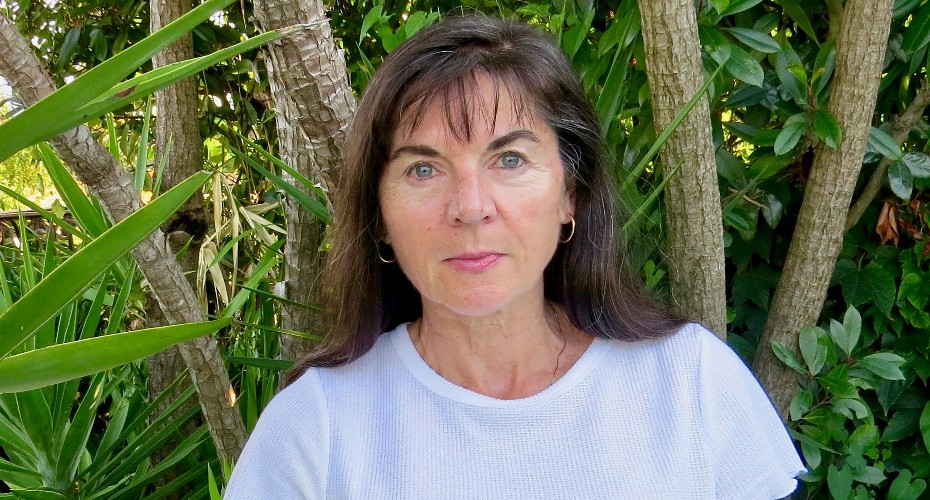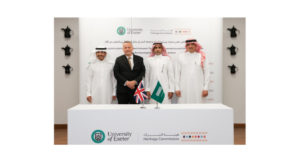Exeter Professor recognised with prestigious award from the European Astronomical Society

Professor Isabelle Baraffe has been awarded a prestigious award for her ground-breaking research on distant stars and planets, far beyond the edges of our solar system.
Professor Baraffe has been bestowed with the 2023 Lodewijk Woltjer Lecture prize from the European Astronomical Society, announced today (April 5th 2023).
She received the honour for her fundamental contributions to the understanding of low mass stars, brown dwarfs and exoplanets.
Speaking about the Lodewijk Woltjer Lecture prize, Professor Baraffe said: “This is a nice surprise and I am very pleased by this award from the European Astronomical Society. I would of course like to share this award with all the collaborators, postdocs and PhD students who were involved in these various achievements.
Professor Baraffe’s research aims at understanding and properly describing the physical processes characteristic of the formation, structure and evolution of stars, and substellar objects such as exoplanets and brown dwarf.
She has developed a coherent theory for describing the internal and atmospheric structures of low-mass stars and brown dwarfs, based on state-of-the-art description of all the micro-physics characteristic of these objects.
She also helped pioneer new models to explain and even predict all the peculiar observational properties of these astrophysical objects. These models are widely used today to interpret observations and to develop new observational strategies.
Professor Baraffe’s research has also helped develop a general theory that described the inner structure, atmospheric properties and evolution of planets over the entire mass range from Earth-mass to Jupiter-mass bodies.
These models include not only the essential planetary input physics, but also peculiar processes, such as atmospheric evaporation due to the intense parent star incident flux for the short-period transiting planets, double-diffusive layered convection and energy dissipation in the interior due to tidal effects.
While in Exeter, she also initiated a major interdisciplinary project, gathering several institutes in the UK and France, to lead the development of the most advanced, three-dimensional radiative hydrodynamics models of exoplanet atmospheres.
These models are able to analyse the wealth of data expected from new generations of telescopes, and to obtain key information such as planet atmospheric chemical composition, the necessary path to better understand planet formation and to detect biosignatures on Earth-like planets.



